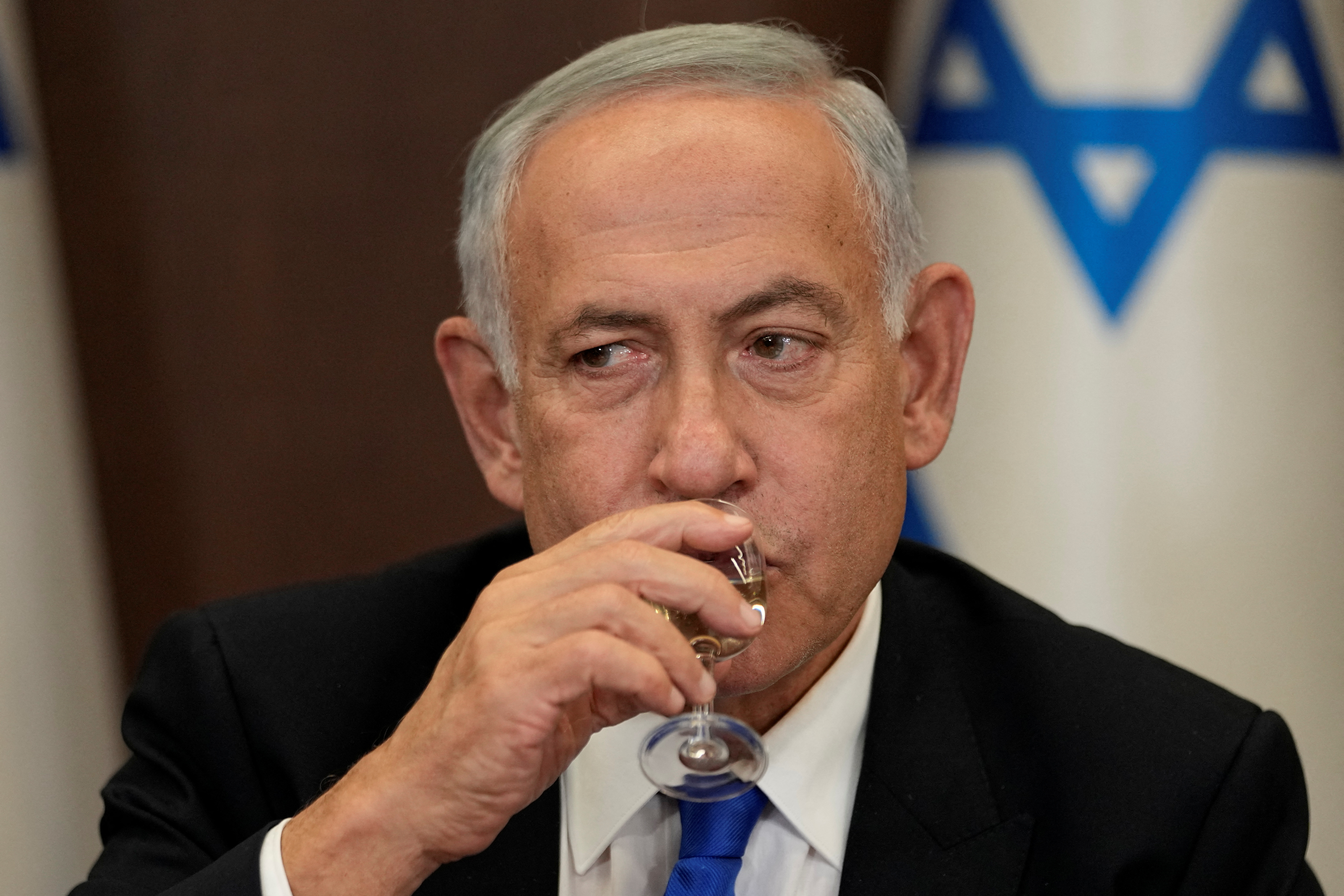Israel’s far-right police minister rebuked the force on Sunday for what he called “collective punishment” of Jewish settlers, as cracks widened between the security services and the government over violence convulsing the occupied West Bank.
Settler rampages in Palestinian towns and villages after the killing of four Israelis in a Hamas gun ambush have drawn international condemnation and U.S. statements of concern.
U.S.-brokered peace talks aimed at founding a Palestinian state in the West Bank, East Jerusalem and Gaza collapsed in 2014. Most countries deem the settlements Israel built on land it seized in the 1967 war as illegal. It disputes this.
Israel’s military, police and Shin Bet security service chiefs said in a statement on Saturday that the settlers’ actions over the last week amounted to “nationalist terrorism”, which they pledged to fight.
The terminology upset far-right members of Prime Minister Benjamin Netanyahu’s coalition government, who have rejected comparisons between Jewish and Palestinian militants.
One of them, National Security Minister Itamar Ben-Gvir, said on Sunday he had demanded police explain why they had cordoned the gate to the settlement of Ateret and “tased a person who was standing nearby”.
Ben-Gvir told the police chief that “he opposes any violation of the law” but cannot accept “collective punishment” of settlers, a statement from the minister’s party said. A police spokesperson said the incident was under review.
Ateret is close to the Palestinian village of Umm Safa, where cars were torched on Saturday in what residents said was a settler attack. Bystander video showed men – described by local Palestinians as settlers – firing rifles in the direction of someone yelling in Arabic. There were no reports of casualties.
Ateret spokesperson Eli Rosenbaum said settlers went to Umm Safa to confront Palestinians who had repeatedly rioted on the road and stoned Israeli cars. Those settlers were not from Ateret but some had parked their cars inside its gate, he said.
Police, commanded by an army colonel, came to Ateret to tow the cars and, when obstructed by several settlers, tased one of them, Rosenbaum said. “We don’t support any violence,” he said. “But we are upset by the army’s fecklessness toward the Arabs.”
Separately, the army said it detained a soldier suspected of taking part in a “violent confrontation” in Umm Safa.
Netanyahu has sought to calm Western concern about his ultranationalist partners, saying he would steer policy. But the veteran politician has raised U.S. hackles with settlement building.
Last week he issued a general censure of rioting in the West Bank. Asked if Netanyahu agreed with the security chiefs’ designation of the rampages as “terrorism”, his office referred Reuters to that statement and declined further comment.
At least three cabinet members from Netanyahu’s conservative Likud party – including the defence and foreign ministers – shied from the term.
“I think the (rampages) are actions, nationalist actions – as they have been designated – taken against a nationalist backdrop, and that’s something that shouldn’t be permitted,” Likud’s Energy Minister Israel Katz told Army Radio.
“Terrorism is something different.”







Click here to change your cookie preferences